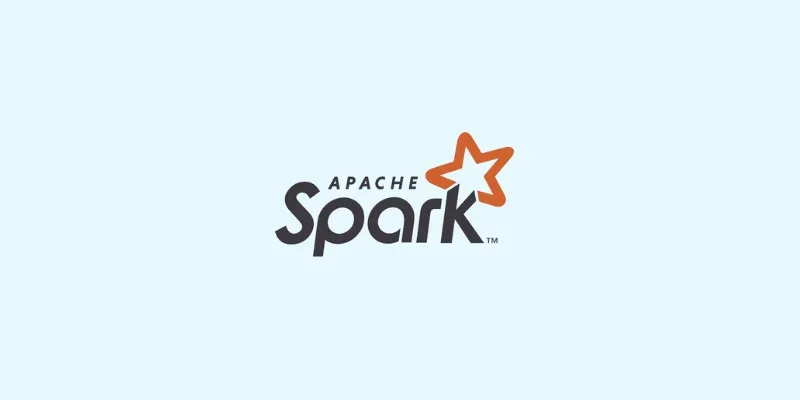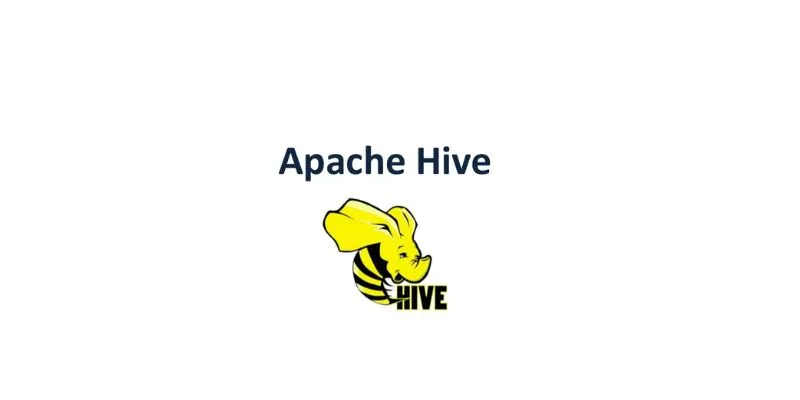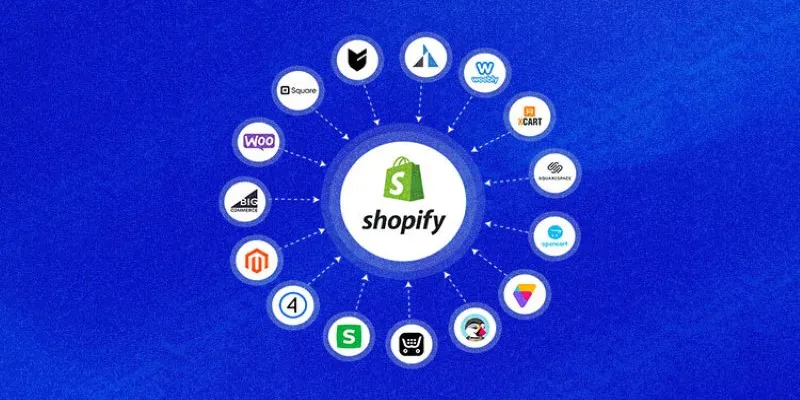5 Must-Have Tools for Big Data Project Management
Managing a big data project requires the perfect blend of tools, methodologies, and planning. Without the right resources, handling large-scale data processing can become chaotic. From analytics pipelines to storage and data flows, the need for speed and precision is paramount. Luckily, there are sophisticated platforms designed to streamline these operations. Each tool offers unique advantages tailored to specific project needs, promoting scalability, transparent analytics, and seamless integration.
Choosing the right tools not only sustains team productivity but also ensures reliable outcomes. In this article, we delve into five powerful tools for big data project management. These tools are essential for enhancing performance and enabling smarter decision-making. From planning to final reporting, they support critical data initiatives by improving team collaboration, speed, and accuracy. Let’s explore the platforms leading the way in big data management.
Essential Tools for Big Data Project Management
Below, we explore the five best tools for managing big data projects effectively.
1. Apache Hadoop: Scalable Storage and Processing
Apache Hadoop remains a top choice for storing and analyzing vast datasets. It handles intensive workloads through distributed computing, allowing for scalable and efficient processing. The Hadoop Distributed File System (HDFS) breaks files into blocks and distributes them across multiple nodes, ensuring fast data access and high availability. This system is not only efficient but also cost-effective.
Hadoop’s open-source adaptability and community support make it a reliable option for many business sectors. Its compatibility with various cloud services and external tools simplifies IT team integration, making it essential for consistent and scalable storage. Companies use Hadoop for trend analysis, log processing, and historical record storage due to its flexibility.
2. Apache Spark: High-Speed Data Analytics
Apache Spark is engineered for fast, in-memory analytics in big data environments. It supports a range of tasks, from SQL queries to machine learning workflows. Its processing speed significantly outpaces Hadoop MapReduce, making it ideal for real-time data analysis and complex computations.
Spark’s versatility is evident in its support for Java, Scala, Python, and R APIs. Its ability to manage batch processing and streaming over one platform is invaluable for contemporary big data project management. The tool’s seamless integration with other technologies, including Hadoop, allows it to scale efficiently, making it suitable for projects of all sizes.

3. Tableau: Clear Data Visualization and Reporting
Tableau is a leading platform for data visualization in big data project operations. It transforms complex datasets into clear, interactive charts and dashboards, making insights more accessible across teams. With its drag-and-drop tools, users can quickly create visuals without needing technical expertise.
Tableau connects with various data sources, including cloud systems, Spark, and Hadoop, enhancing teamwork and decision-making across departments. Its mobile-ready design allows users to access dashboards on any device, ensuring that data insights are just a click away. Tableau is essential for simplifying big data sets with its robust security features ensuring data privacy.
4. Apache Hive: SQL-Based Big Data Querying
Apache Hive allows users to manage and query large datasets using SQL-like commands. Built on top of Hadoop, it efficiently stores and processes vast data amounts through the Hadoop Distributed File System (HDFS). Hive enables the creation of queries in HiveQL, a variant of SQL, designed for large-scale structured data analysis.
Hive integrates seamlessly with business intelligence (BI) dashboards and tools like Apache Spark and Tableau, enabling powerful queries and visualizations across massive datasets. Its features like indexing, compression, and partitioning ensure the fastest performance. Apache Hive streamlines SQL-style querying, making it a cornerstone of scalable big data project management.

5. Jupyter Notebooks: Collaborative Data Science
Jupyter Notebooks offer engineers and data scientists a portable, interactive workspace. They seamlessly combine code, data, and visual outputs in a single interface. Users can write in Python, R, and Julia, enabling flexible and efficient development for a wide range of data tasks.
Jupyter simplifies collaboration through shared notebooks and comments, allowing for simultaneous model development, testing, and documentation. Its transparency and interactive documentation make it easier for non-technical stakeholders to understand data models. Jupyter Notebooks support markdown, code, and charts, reducing the need to switch tools and accelerating processes. This makes them indispensable in any collaborative big data system.
Conclusion
Large-scale data initiatives require precision and robust tools for effective management. The five intelligent big data project management tools discussed above help simplify complex processes and ensure smooth data flow from collection to insight. Platforms like Apache Spark and Tableau deliver exceptional value through speed, clarity, and ease of use, while solutions like Hive and Hadoop are essential for reliability and operational control. By selecting and applying these foundational platforms wisely, organizations can achieve consistent, high-quality outcomes in even the most intricate data environments.
Related Articles

Unify and Share Team Data Seamlessly with Ragic

Coda vs. Notion: Choosing the Best Workspace App in 2025

Thinkific vs. Kajabi: Top Online Course Platforms Compared

How to Integrate Airtable with Webhooks Easily

Step-by-Step Guide: Connect Google Sheets to Salesforce

Outlook vs. Gmail: Which Email Platform Wins in 2025?

DeepSeek vs. ChatGPT: The 2025 Showdown of AI Tools

HubSpot vs. Zoho CRM: Which One Fits You Best in 2025?

OKR vs. KPI: Understanding the Differences and Using Them Together

Easily Extract Key Data from Emails Using Parsio

SkedPal vs. Motion: A Detailed Comparison to Find Your Perfect Scheduling App

Conducting Market Research Surveys: DIY Tips and Techniques
Popular Articles

Choosing the Right 4K Video Upscaler: Top Five Picks

MKV vs. MP4: What’s the Difference, and Which Should You Use?

The Future of Creativity: The 9 Best Brainstorming Tools in 2025

How to Add a Featured Content Slider in WordPress Easily: A Guide

How to Record Skype Calls Without Losing Quality: A Complete Guide

Quick and Simple NEF to JPG Conversion: 3 Best Tools

How to Change RMVB to 3GP Format for Mobile Playback

The 5 Best Tools for Converting DVDs to FLV Format in 2025

Bringing Old Footage Back to Life: A Video Remastering Guide

Smooth Your Shaky Videos: 4 Best AI Stabilizers for macOS

Camtasia Screen Recorder Review: Features, Pros, Cons, and Alternatives

 mww2
mww2